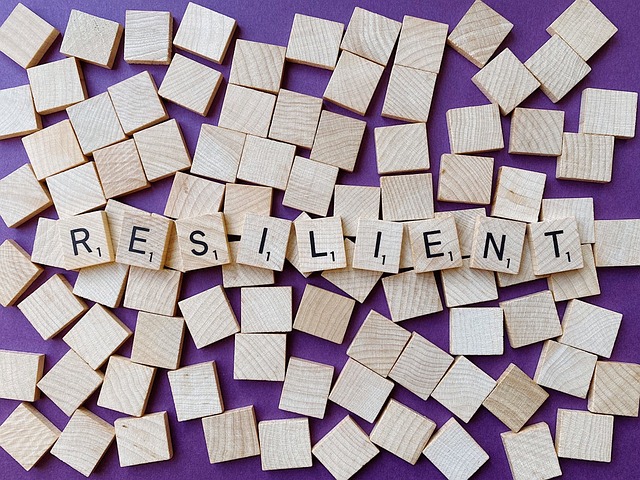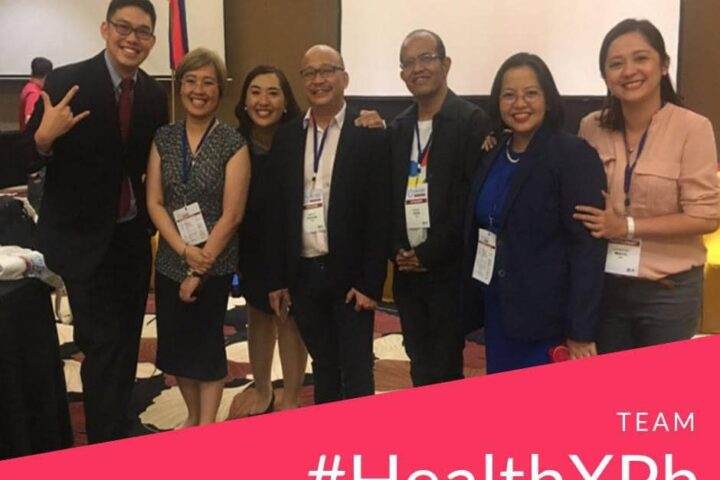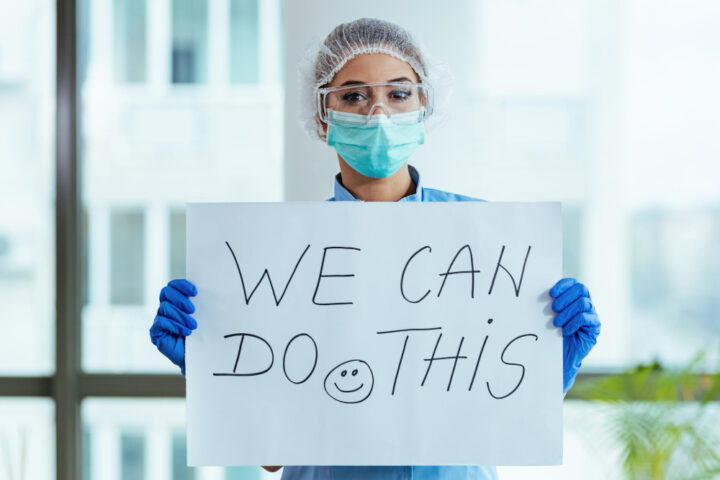Healthcare professionals frequently experience stress and burnout in their work environment. Unaddressed, such stress and burnout sometimes lead to physical and mental health problems, including anxiety, depression, diabetes, fatigue, heart disease, hypertension, insomnia and obesity Burnout amongst HCPs has also been associated with reduced job satisfaction and negative patient outcomes, like reduced patient satisfaction and increased work errors.
There is a growing evidence suggesting that mindfulness-based interventions (MBIs) can help decrease stress and burnout experienced amongst HCPs, increasing job satisfaction levels and improving an aspect of patient outcomes (Escuriex and Labbe 2011; Irving et al. 2009; Shanafelt et al. 2009).
Kabat- Zin (1994) defines mindfulness as the quality of awareness that occurs through intentionally focusing on present moment experiences in an accepting and non-judgemental manner. It is fast becoming a popular psychological stress reduction intervention mong HCPs. Mindfulness and Mindfulness Based Interventions (MBIs) “causes a positive shift in perspective and an ability to objectively view one’s life experiences” often referred to as “decentering” MBIs also causes “Reperceiving” which facilitates an individual’s ability to observe their thoughts and feelings with greater clarity.
In this edition of #HealthXPh chat, I would like to know the practice and impact of mindfulness and mindfulness based interventions among healthcare professionals.
T1. Do you practice mindfulness or MBIs at work? Why or why not?
I started practicing mindfulness sometime in 2012, hoping to reduce stress and focus my attention to work. I was introduced to the guided meditation technique in an app called “Headspace”. Of course, I really don’t know if there was any effect on me at all (let alone my work) but I liked the “decentering” periods that took me off my busy schedule.
T2. What are the benefits or challenges of practicing mindfulness or MBIs at work?
It took me awhile to notice the impact of practicing mindfulness in my life. The irony of course is that it’s rarely me who did notice, but my family, friends, or colleagues and you guess, patients. Sometimes you barely notice the impact at all. But, I think with MBIs, I was able to stretch my patience, self regulate emotions and empathize in a more compassionate way. In a very busy and hectic work environment, the challenge was finding time and consistently doing mindfulness.
T3. Would you recommend mindfulness or MBIs to colleagues, friends or even patients?Why or Why not?
I have recommended MBIs to a number of “stressed” and “burned out” friends and colleagues. I have recommended it to a few patients who asked and were interested. I have yet to fully understand some of its impact on others, but i do get self report of “better, optimistic attitude’, “non judgmental” “anger control” and varying degrees of focused attention.
Today I am continually practicing mindfulness based meditation- at home, work, during travel/commute and most especially when I am outdoors. It is not exactly a glorious, effortless of a habit, but even with the meditative breathing alone, I can “sense calm” in times when I’m probably burned or something.
Image by stockking on Freepik












